Article 4 THE FINAL DOXOLOGY
THE FINAL DOXOLOGY
- SECTION TWO THE LORD’S PRAYER
- Article 4 THE FINAL DOXOLOGY
From The Catechism of the Catholic Church – rosary.team
Original Link: https://www.vatican.va/archive/ENG0015/__PAD.HTM

THE FINAL DOXOLOGY
From The Catechism of the Catholic Church – rosary.team
Original Link: https://www.vatican.va/archive/ENG0015/__PAD.HTM
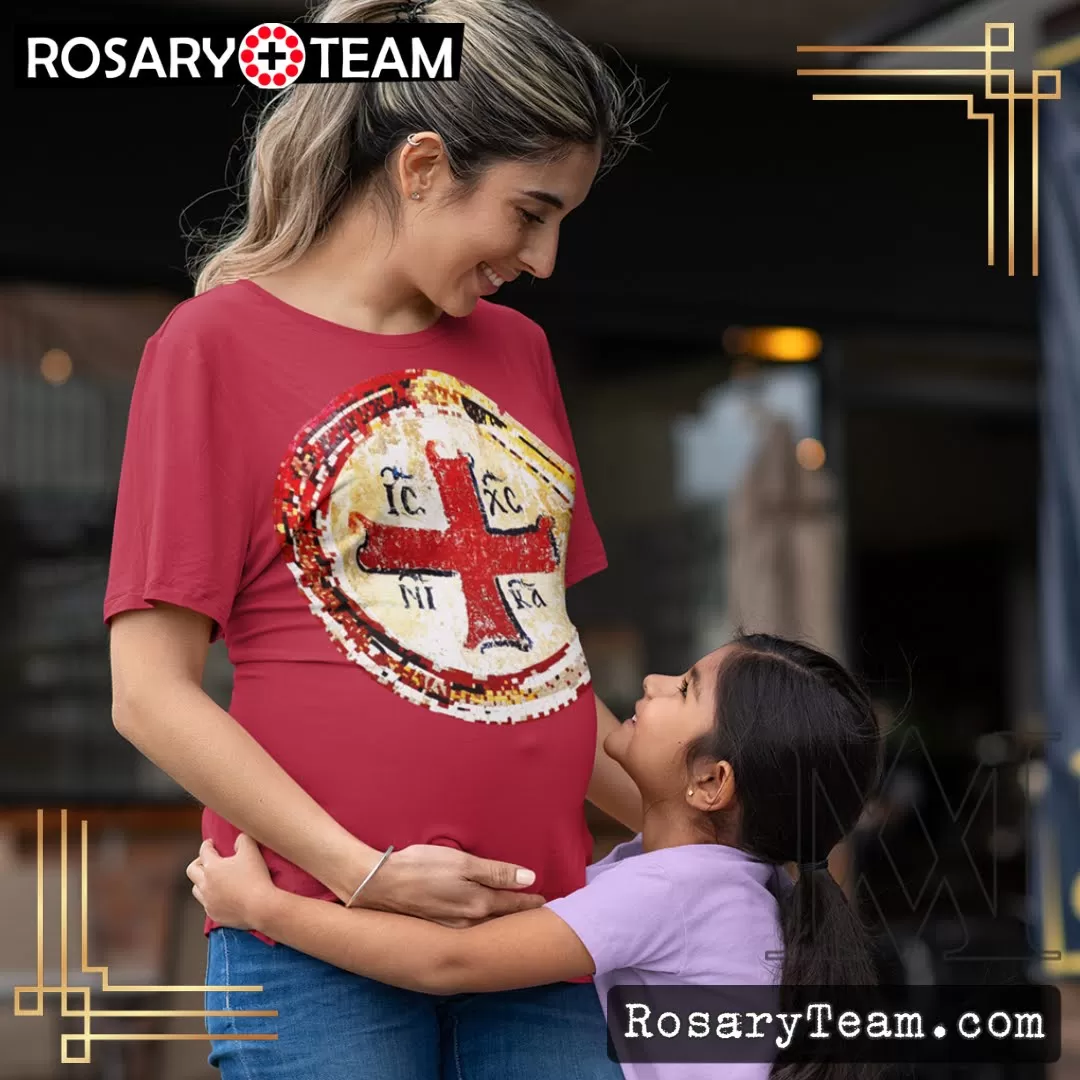
From The Catechism of the Catholic Church – rosary.team
Original Link: https://www.vatican.va/archive/ENG0015/__PA2.HTM
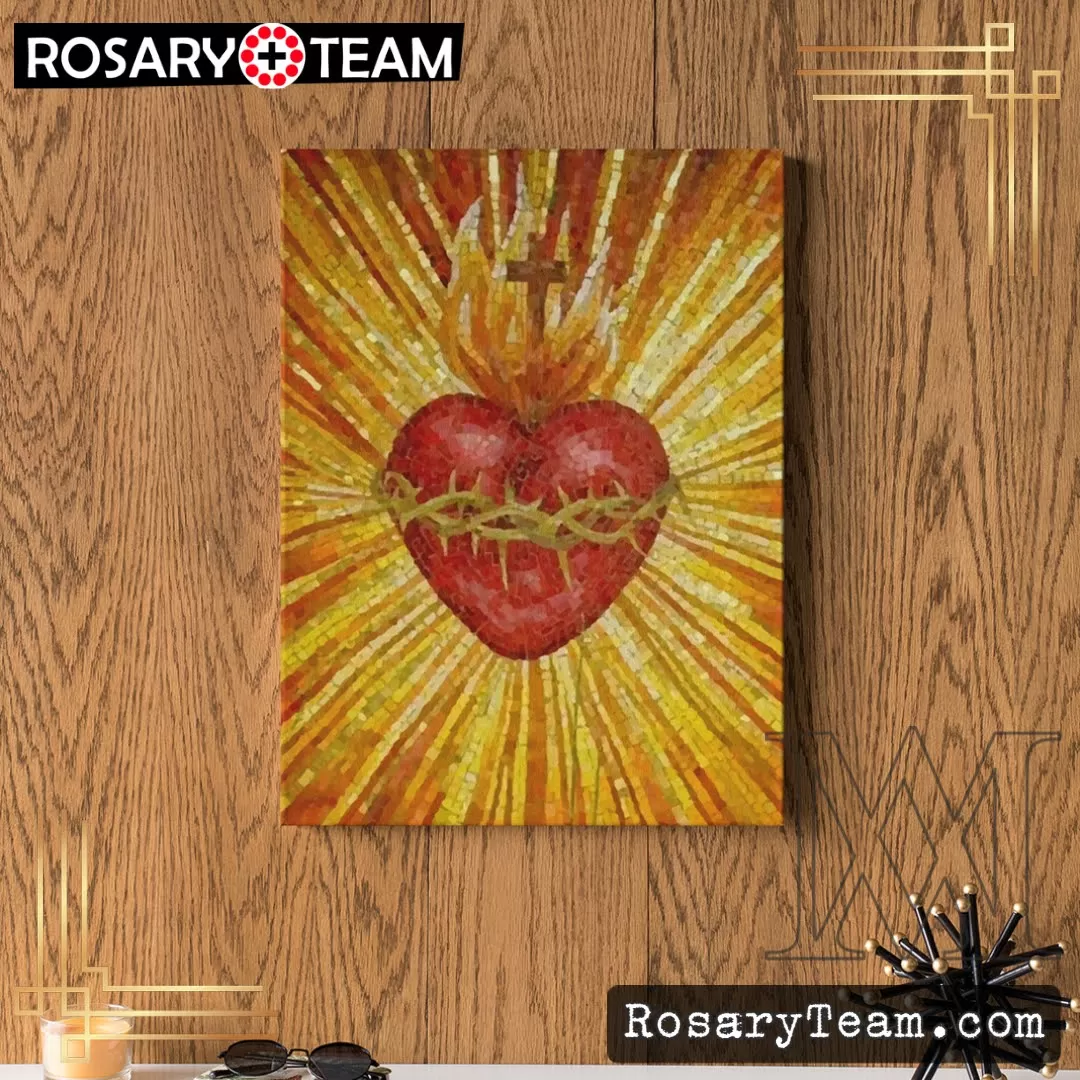
From The Catechism of the Catholic Church – rosary.team
Original Link: https://www.vatican.va/archive/ENG0015/__P1J.HTM
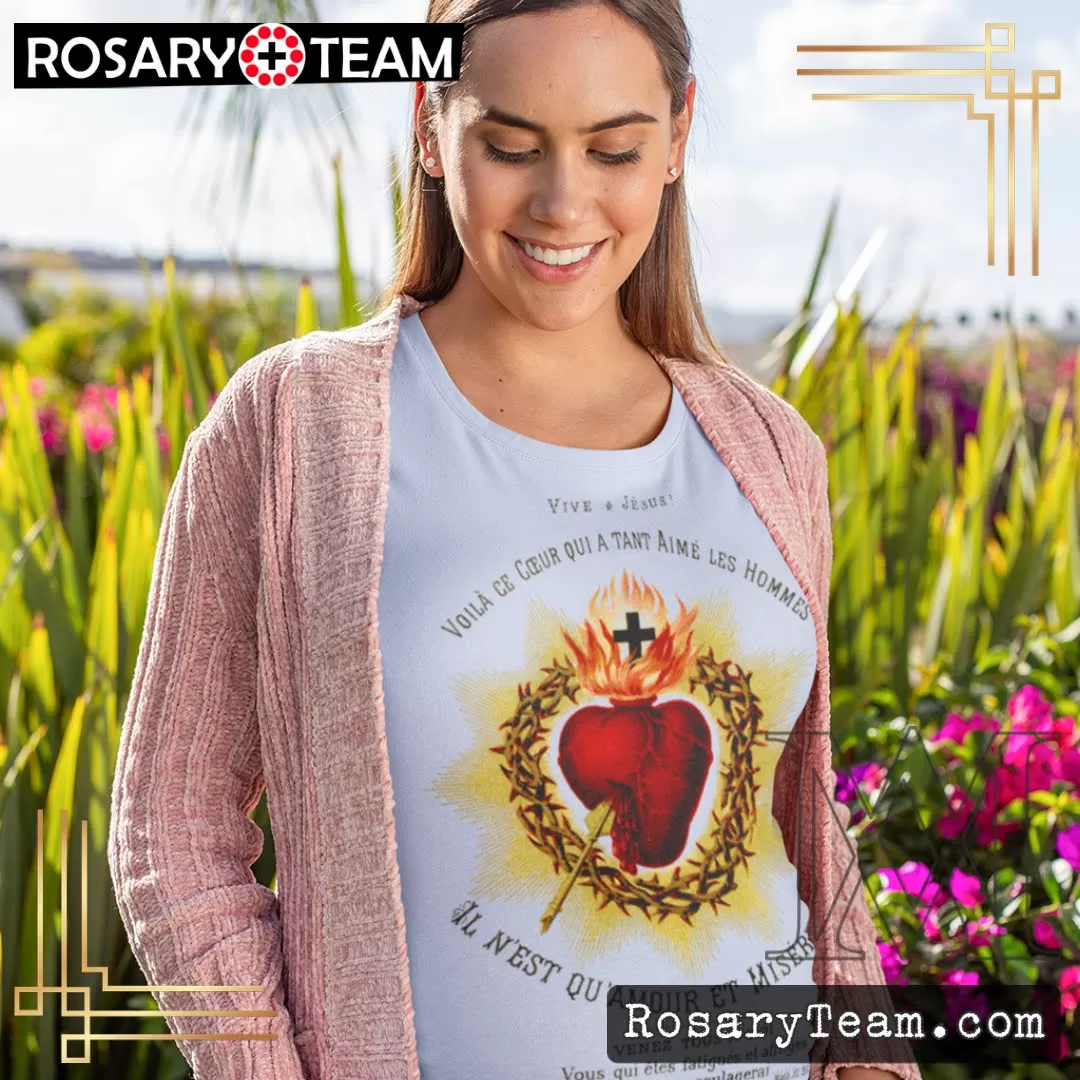
From The Catechism of the Catholic Church – rosary.team
Original Link: https://www.vatican.va/archive/ENG0015/__PO.HTM

498
People
are sometimes troubled by the silence of St. Mark’s Gospel and the New
Testament Epistles about Jesus’ virginal conception. Some might wonder if we
were merely dealing with legends or theological constructs not claiming to be
history. To this we must respond: Faith in the virginal conception of Jesus met
with the lively opposition, mockery or incomprehension of non-believers, Jews
and pagans alike;151 so it could hardly have been motivated by pagan
mythology or by some adaptation to the ideas of the age. the meaning of this
event is accessible only to faith, which understands in it the “connection
of these mysteries with one another”152 in the totality of
Christ’s mysteries, from his Incarnation to his Passover. St. Ignatius of
Antioch already bears witness to this connection: “Mary’s virginity and
giving birth, and even the Lord’s death escaped the notice of the prince of
this world: these three mysteries worthy of proclamation were accomplished in
God’s silence.”153
From The Catechism of the Catholic Church – rosary.team
Original Link: https://www.vatican.va/archive/ENG0015/__P1K.HTM

2450 “You shall not
steal” (Ex 20:15;
Deut 5:19). “Neither thieves, nor the
greedy, nor robbers will inherit the kingdom of God”
(1 Cor 6:10).
From The Catechism of the Catholic Church – rosary.team
Original Link: https://www.vatican.va/archive/ENG0015/__P8G.HTM
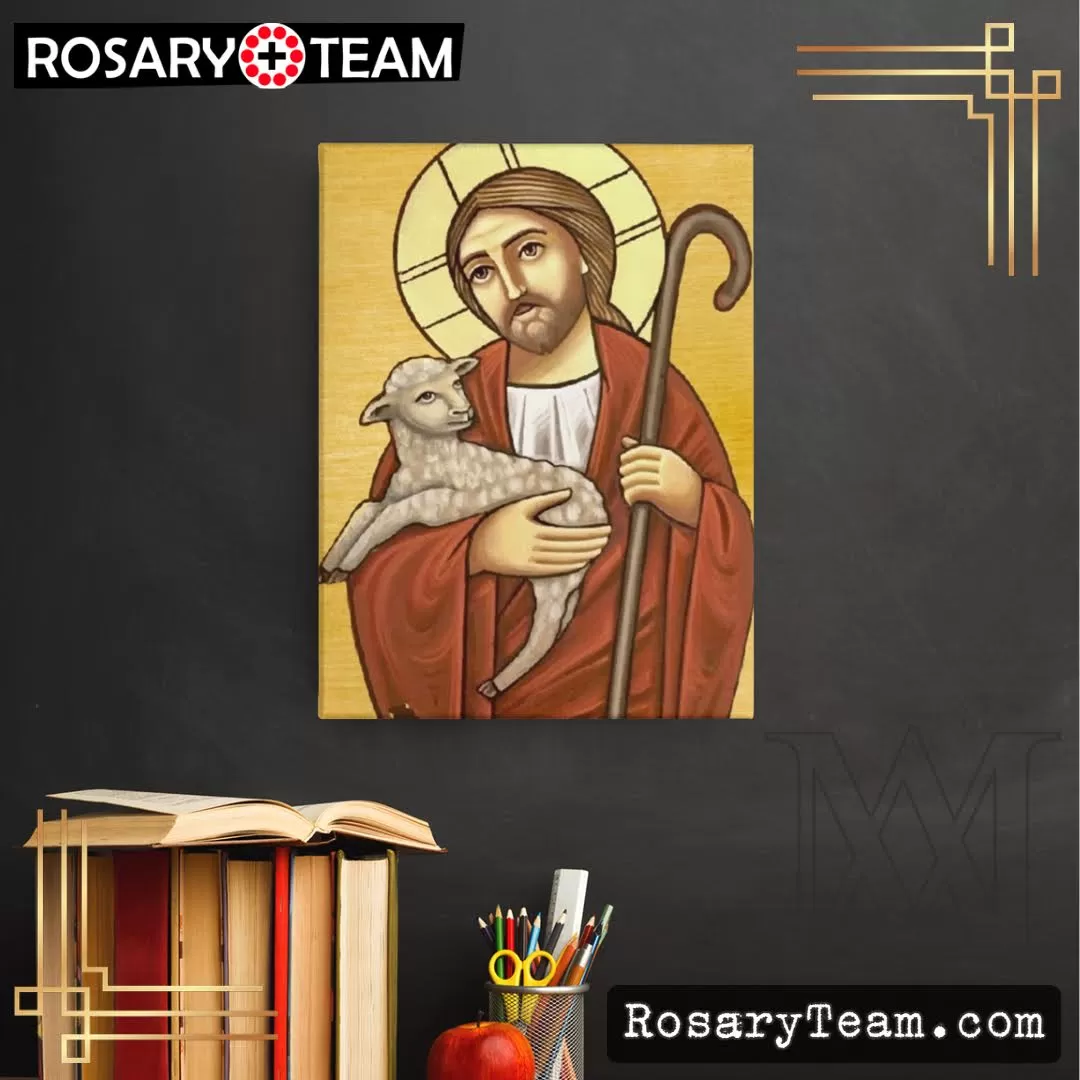
31
Created in God’s image and called to know and love him, the person who seeks
God discovers certain ways of coming to know him. These are also called proofs
for the existence of God, not in the sense of proofs in the natural sciences,
but rather in the sense of “converging and convincing arguments”,
which allow us to attain certainty about the truth. These “ways” of
approaching God from creation have a twofold point of departure: the physical
world, and the human person.
From The Catechism of the Catholic Church – rosary.team
Original Link: https://www.vatican.va/archive/ENG0015/__PA.HTM
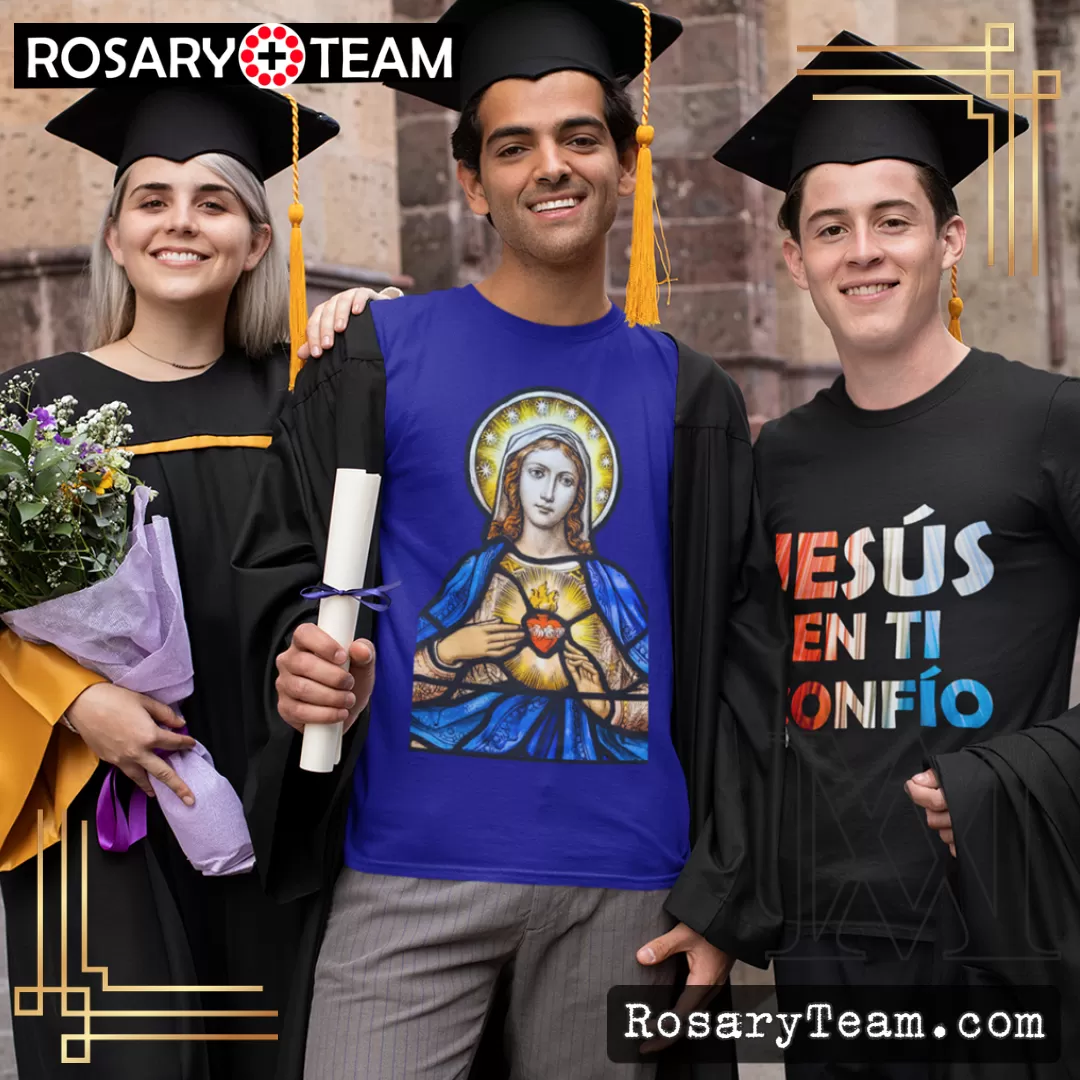
From The Catechism of the Catholic Church – rosary.team
Original Link: https://www.vatican.va/archive/ENG0015/__P76.HTM

The Father of mercies willed
that the Incarnation should be preceded by assent on the part of the
predestined mother, so that just as a woman had a share in the coming of death,
so also should a woman contribute to the coming of life.127
From The Catechism of the Catholic Church – rosary.team
Original Link: https://www.vatican.va/archive/ENG0015/__P1K.HTM
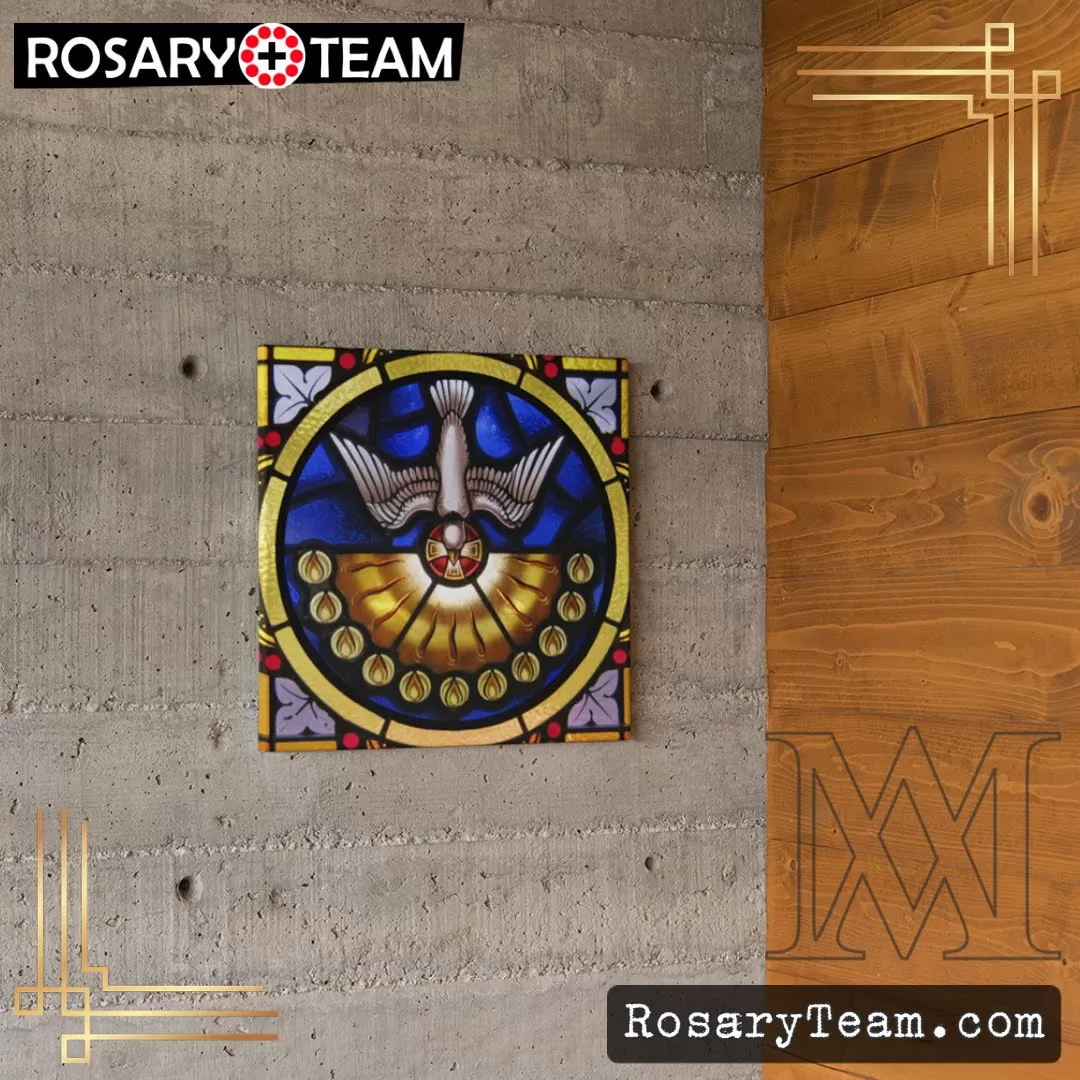
24
By design, this Catechism does not set out to provide the adaptation of
doctrinal presentations and catechetical methods required by the differences of
culture, age, spiritual maturity, and social and ecclesial condition among all
those to whom it is addressed. Such indispensable adaptations are the
responsibility of particular catechisms and, even more, of those who instruct
the faithful:
From The Catechism of the Catholic Church – rosary.team
Original Link: https://www.vatican.va/archive/ENG0015/__P7.HTM